Turtle Opera: An interview with Turtle Key Arts artistic director Charlotte Cunningham
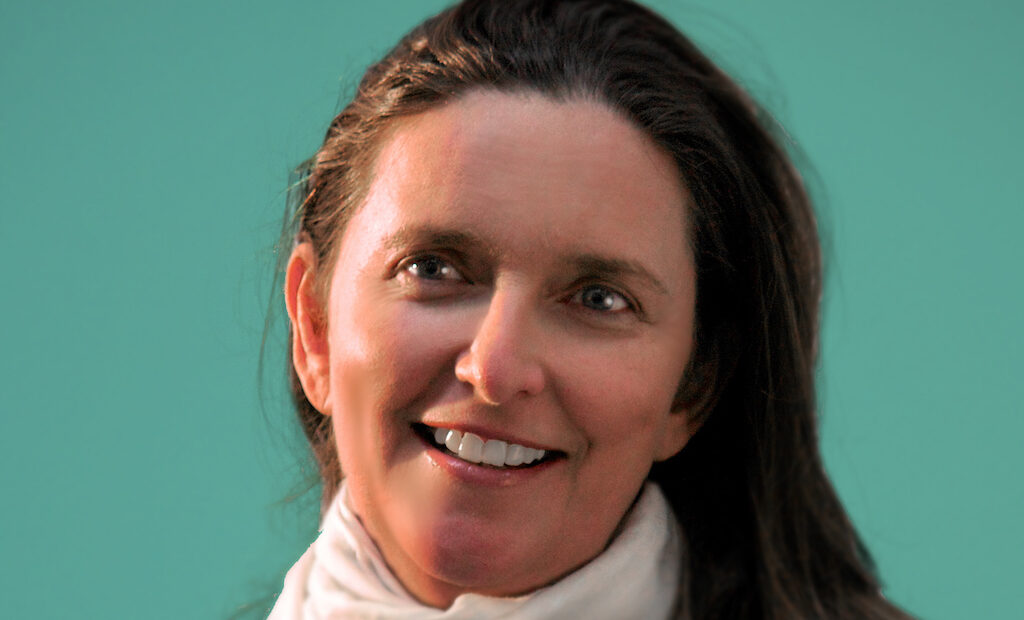
Much tech savvier and intuitive with virtual communications than their adults, today’s children have led the way in the digital world the lockdown has forced upon us. However, they have also in many respects been victims of the situation, suffering in their education, cultural stimulus, socialisation, and so on – even more so, perhaps, for those youngsters who were already experiencing difficulties, whether physically or in their learning. Turtle Key Arts was born in 1989 with the objective of smoothing the way into the arts for disabled people, right from their earliest steps. 30 years on, and the charity is still going strong. Though, happily, the panorama has improved, there are still many challenges on the horizon. The creativity and enthusiasm of Turtle Key’s team is unstoppable, even in the face of the obstacles posed by the pandemic.
With the arrival of spring, the company has announced the opening of a new programme of workshops: Turtle Opera. We caught up with Charlotte Cunningham, co-founder and artistic director of the organisation, to talk about what the project entails, the broader scope of the charity (geographically and thematically), and the funny moments in Zoom meetings.
Hello Charlotte, thank you for your time. For those not familiar with it, how would you describe Turtle Key Arts?
Turtle Key Arts produces theatre, dance and circus work by emerging artists, as well as producing their own outreach and education projects aimed at making the arts more accessible to all.
Currently we work with eight collaborating companies, including Amici Integrated Dance Theatre Company, Ockham’s Razor Aerial Theatre Company, AIK Productions, Open Sky Theatre and Oddly Moving Theatre Company.
Our current outreach projects include Turtle Song, for people with dementia, Turtle Opera, Musical Portraits and Key Club for people with autism, Art Is Key for young people with HIV, Key Words for children with dyslexia and the Joy festival for young disabled artists.
How did the charity start, and what motivated you to found Turtle Key Arts?
Back in 1989 I met my co-founder Maggie Elwes, who had trained as a drama therapist and a mime artist. At the time she was sharing a flat with a friend who was a wheelchair user. She often performed in smaller venues around London – at the time usually rooms above a pub – which were clearly inaccessible for her friend. We both felt that there was not enough going on in theatre to create an accessible and equitable space allowing all artists, whether disabled or not, to have a stage on which to present their work, and we rather naively set out to create one. This led to our first venture, which was a venue in South London that was fully wheelchair accessible, as well as eventually having many other access features, which subsequently led to us hosting a number of showcases for disabled artists and others. In 1998, when we left the venue behind, we had understood that access was about more than just ramps and we have worked to continue this philosophy in all of our projects going forward.
What have been the highlights and most exciting projects?
It has been exciting to see how far some of the early performers who came through our doors have come – for example, watching the opening ceremony of the Paralympic Games and realising that most of those artists had performed at the original Turtle Key. Other highlights have been meeting people now working in the arts, who took part in projects with us as children and who have been inspired to seek out an arts career, or seeing some of the students who have worked on our projects come back as leaders and facilitators. It is a real privilege to be able to have a history as an organisation for over 30 years and to therefore have a real legacy in terms of our impact on previous collaborations and participants.
This month, you have been launching an exciting new programme of free workshops. What can the participants expect from Turtle Opera?
Turtle Opera is one of our most successful projects in terms of its impact on the participants – it started as a partnership project with the Royal Opera House with the aim of creating a really high-quality offer for children on the autism spectrum. The project now runs in partnership with Autism Family Support Oxfordshire and English Touring Opera in Oxford, and is a collaboration with the [Oxford] university music faculty and St Edwards School. Over the course of the nine Saturdays, the group of 14 young people with autism work with the university music students and are led by a composer and a director to create a new drama and music performance from scratch. At the end of the process, they will perform their piece to an audience – this time a virtual one – of friends and family.
Has it been challenging to organise the activities via Zoom?
In March 2020 we were approaching the end of that year’s project and preparing for the performance when lockdown came. We managed to move all of the participants online within a couple of weeks and proceeded to work with them to record pieces and to rehearse our piece over Zoom ahead of a virtual final performance. Most of the participants were fairly well versed with screens and took to the new platform quite easily – we adults were the ones who were sometimes trying to keep up with them. A particularly memorable moment was in one of the early weeks, when some of our younger boys realised that they could all rename themselves as the same person and then turn their cameras off, resulting in lots of hilarity as the leaders tried to work out who was saying or writing what… We soon learned how to arrange the Zoom settings so that this was no longer possible, but it was actually incredibly funny, even at the time. The biggest challenges came in working out how best to still involve the music elements of the show – Zoom has a problem with sound latency, and you cannot all work together, and so you need to record things separately and then someone has to edit everyone’s voices or instruments together and play them back – another new skill for our already impressive composer.
We realised that, for this particular group of young people, being able to interact with their peers from the safety of their own bedroom was in some ways quite a positive thing, especially with all of the uncertainty around them in the world. We therefore applied for and received emergency funding from Arts Council England to run a whole new online project later in the summer and created a fantastic “made for virtual” Turtle Opera.
What will the workshops at the Ogston Music School entail?
Given some of the positives from last year’s virtual projects, we decided to start this project online so that the participants could meet each other and the team, feel comfortable with everyone, see the Ogston Music School at St Edward’s School via their screens in the third session, and then finally meet in real life for the fourth session in the venue.
The sessions will involve a welcome with music played by some of the students while the participants come into the space, place their bags and coats on their own chairs and go to their designated spaces in the large circle. This is followed by introductions and physical and vocal warm-ups. Thereafter, each workshop will be split between drama and music sessions and either the group will work together or sometimes they will split into smaller groups and work with students or the leaders to create specific scenes or songs/music. At the end of the session everyone comes back into the circle for a final summing up and ending ritual.
What other projects do you offer for those who cannot get to Oxford?
Although Turtle Opera is specifically based in Oxford this year, we are thrilled to have just received funding from Children in Need that will allow us to extend the work to two new locations – Bristol and Birmingham.
Turtle Key also runs a holiday project in partnership with the National Portrait Gallery called Musical Portraits, which is based in London – we are currently still planning how and when this project may happen this summer.
Turtle Key also runs the Key Club which is an ongoing monthly project for 16 to 30yr olds with autism – this project runs at our home, the Lyric Theatre Hammersmith.
Opera, dance, playwriting: do you see one artistic area children are more attracted to than the others?
I think there is a difference in what children might be attracted to and what then really impacts them. The main element in all of our projects is creativity, and whether it is creating a new song or a new story for a play or a new piece of choreography, they all spark that same feeling of achievement and excitement. Obviously, some children discover areas that they didn’t realise they might enjoy, like composing music or writing dialogue.
However, as a rule I know that in a moment of difficulty, the element that can unite a group and communicate in even the most difficult situations is music.
Lockdown and social distancing measures have made times hard for everyone. How has Turtle Key Arts coped with the new “normal” over the last year?
Like many of us working in the smaller arts organisations, we were in some ways lucky to be able to be reactive and flexible in a way that larger organisations found it hard to be. Our small in-house team worked consistently with our large team of freelancers to run 18 online projects for many of our participants, including people with dementia, young people with autism, young people living with HIV, disabled adults and children and some of our collaborating artists. In this latest lockdown we were able to safely rehearse and create two new shows – a children’s show called Jabala and the Jinn with the Belgrade Theatre in Coventry, and a new filmed theatre work called Cold by our collaborating company Open Sky.
This week we have finally been able to start rolling out the first of our in-person projects – also funded through emergency funding from Arts Council England – which we’re very excited about.
Since you started working in the field, how do you think the situation for disabled people, especially disabled children, has changed? What improvements are still missing?
The world has changed enormously since we opened our doors in 1989. Access is now a legal requirement, and technology has allowed certain things to happen that seemed impossible in our early days. My children have grown up with disabled heroes in sport and the arts, and there are examples of excellence in disability provision and integration up and down the UK.
However, there is always more work to be done and sadly some of the gains in the last years have been eroded through funding cuts. I see it most clearly through the eyes of our Turtle Key trustee and ambassador and my good friend Sarah Long, who still faces daily frustrations in her life – whether it is the lack of dropped kerbs to be able to move around a town or spaces that say they are accessible, but then take you around to the goods entrance by the bins, or the difficulty in accessing transport to get to anywhere so that your voice can be heard equitably.
Our young people with autism equally still face misunderstanding and stigma, which means that although many of them can have a relatively successful educational process, they still find it very hard to integrate into workplaces and to thrive in later life.
These are all challenges that we will continue to think about and to try to find ways to support.
How can people get involved in or support Turtle Key Arts?
We are a small organisation that believes passionately in supporting not just the participants in our projects, but also our interns, students and assistant leaders. They are the future of this kind of work, and we are always happy to meet people and to provide training and support where possible.
Our work is only made possible through donations from foundations and individuals as well as through collaboration with other arts organisations. Financial support is crucial but so is collaboration on all manner of provision, including space to work, groups to be reached and any other form of partnership that allows us to have the greatest impact possible on the participants that can benefit from the kind of engagement that we provide.
Cristiana Ferrauti
For further information about Turtle Opera and Turtle Key Arts visit the company’s website here.

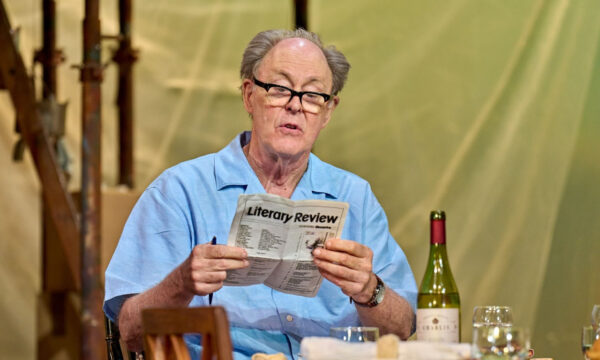
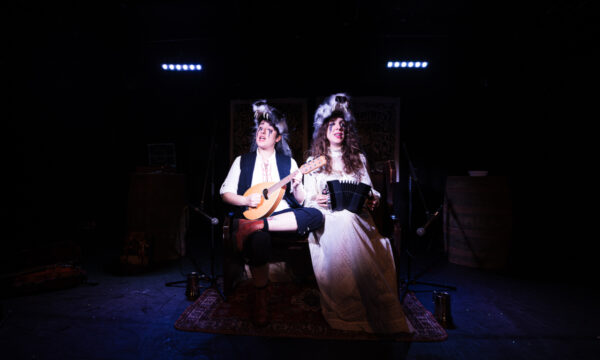
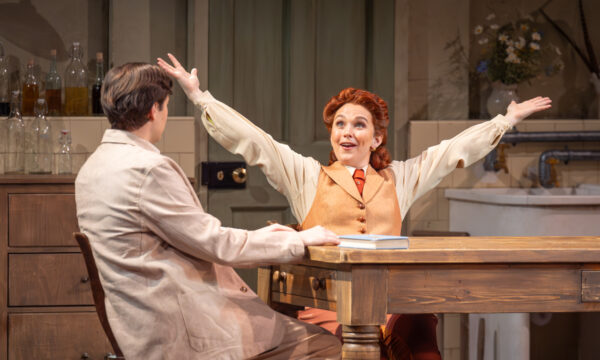
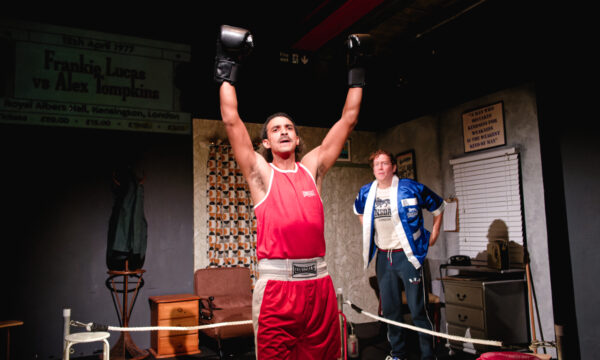
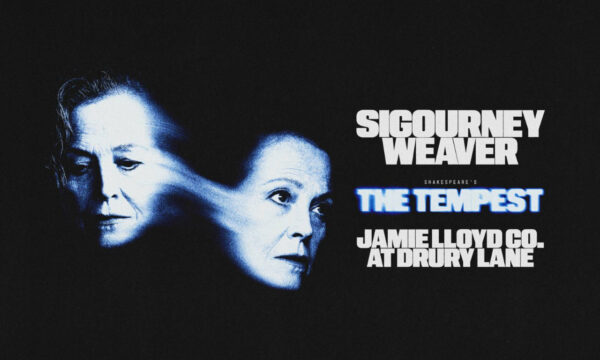
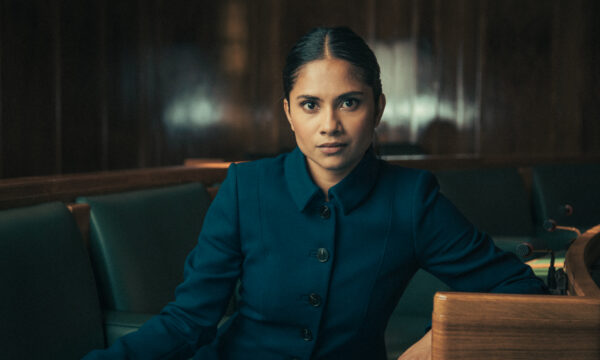
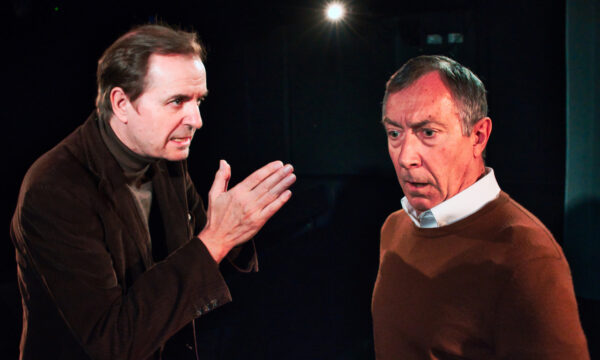
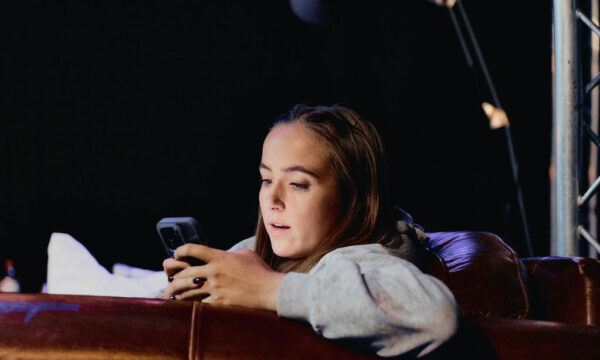
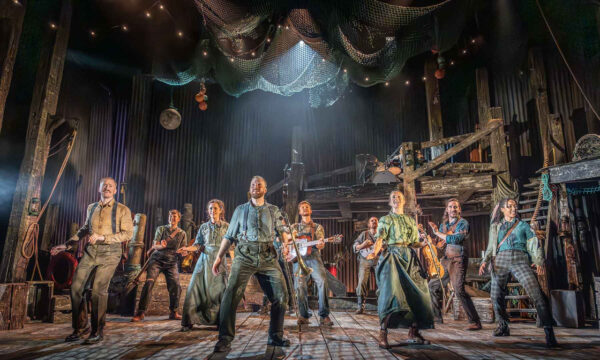









Facebook
Twitter
Instagram
YouTube
RSS